Book a free 15-minute consultation. We’ll help you understand what may be causing the pain and provide the guidance you need to get you back to your best.
"*" indicates required fields
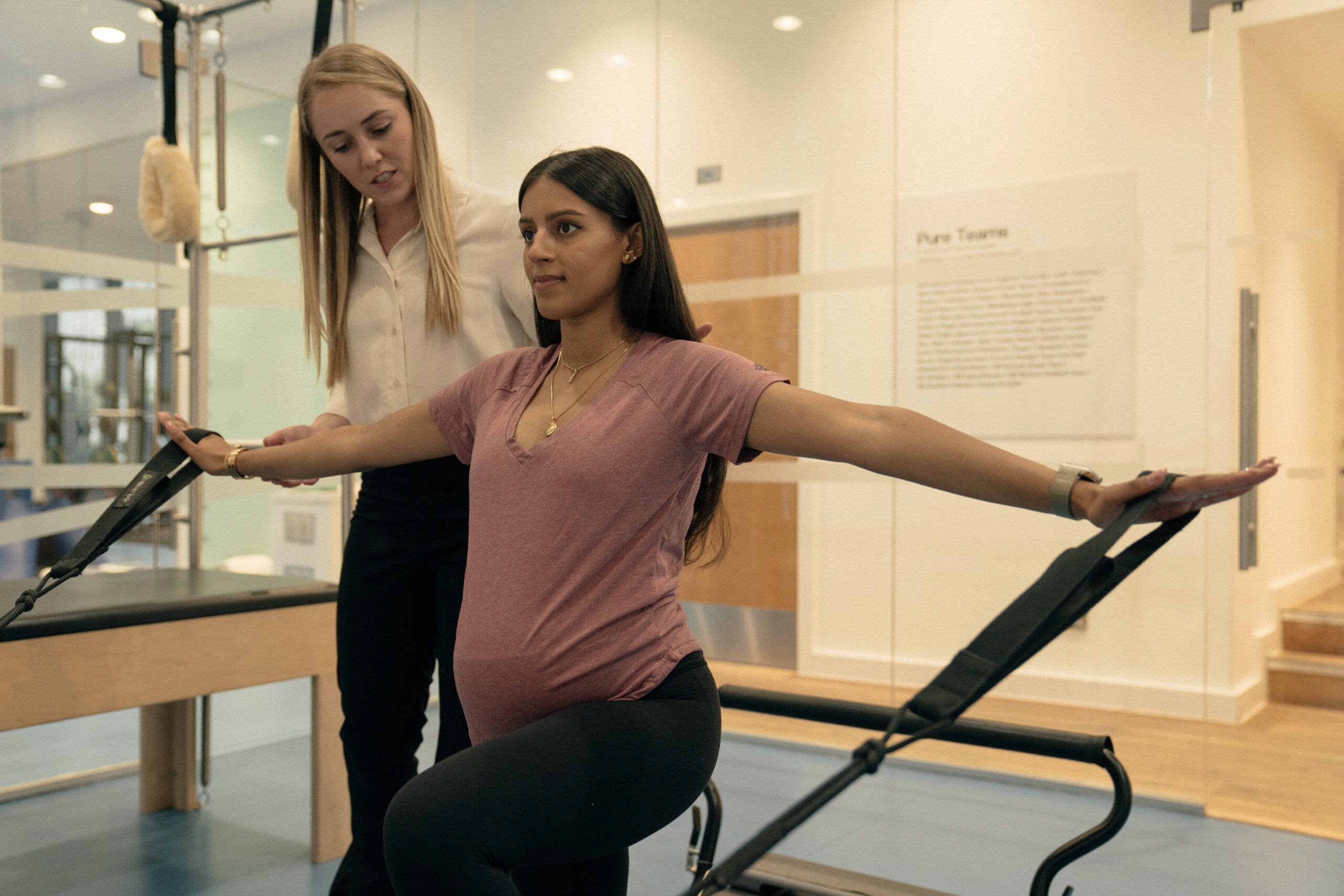
Pure Sports Medicine are experts in Women’s Health Physiotherapy, a specialism that involves the assessment and non-surgical treatment of the pelvic floor, and the therapeutic care of women in all stages of their pregnancy as well as post-natally. Women’s Health Physiotherapy can also help women who have pelvic girdle pain as well as women with altered function of their pelvic floor, for reasons unrelated to pregnancy and delivery.
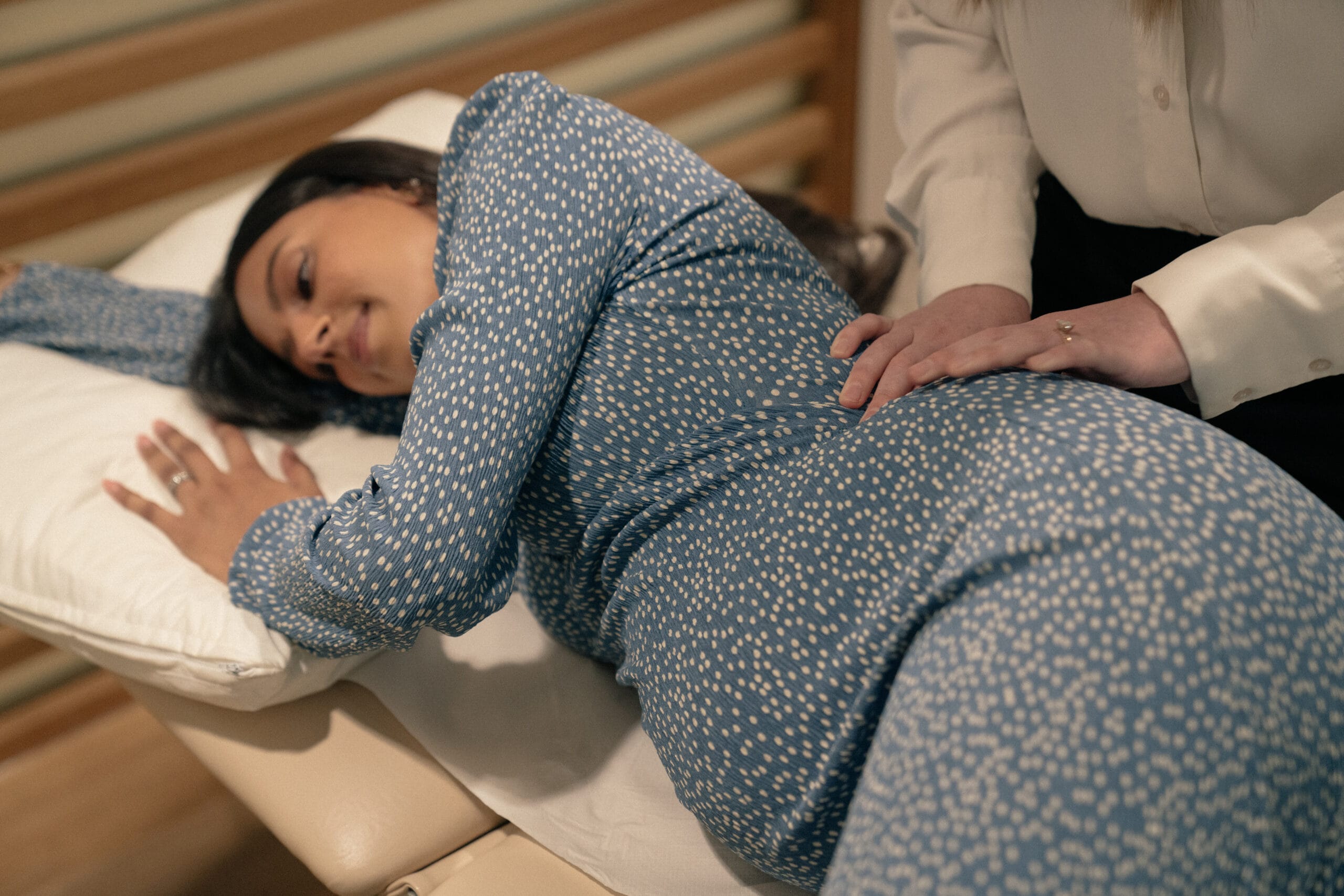
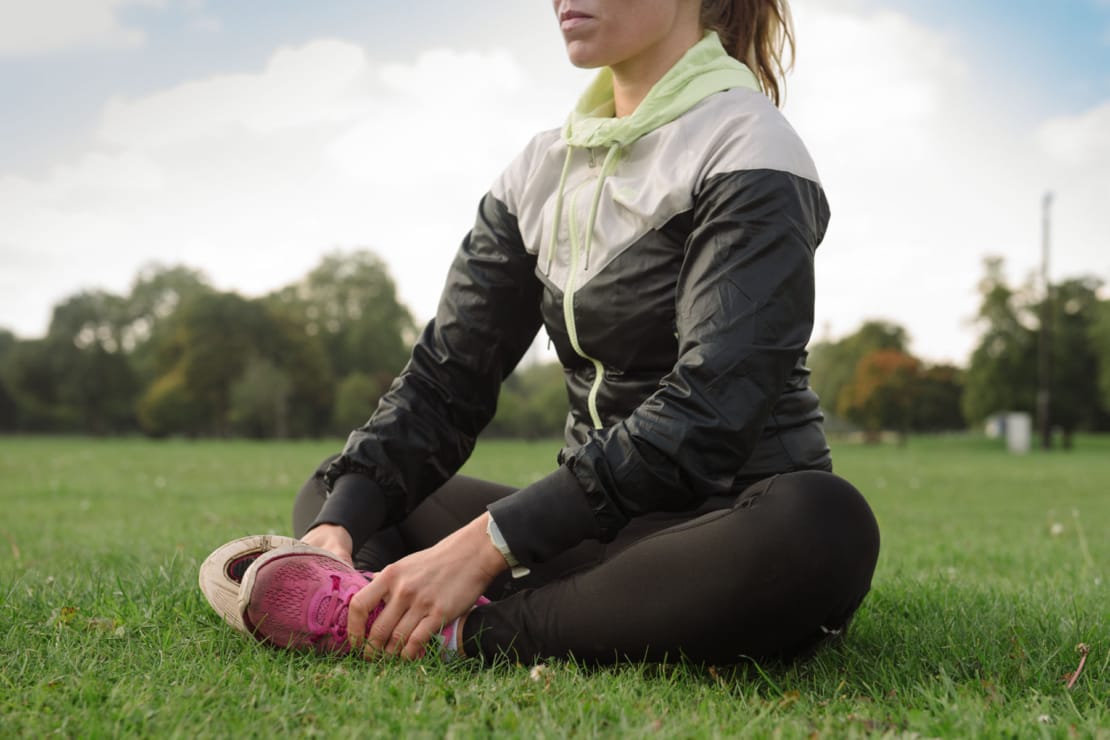

Have you ever felt a change in your energy levels whilst doing the same sport or activity from one week to the next?
This could be down to your cycle.
Find out how to optimise your training to work with your body.
Read nowGet in touch below or keep scrolling to read more.
Make a booking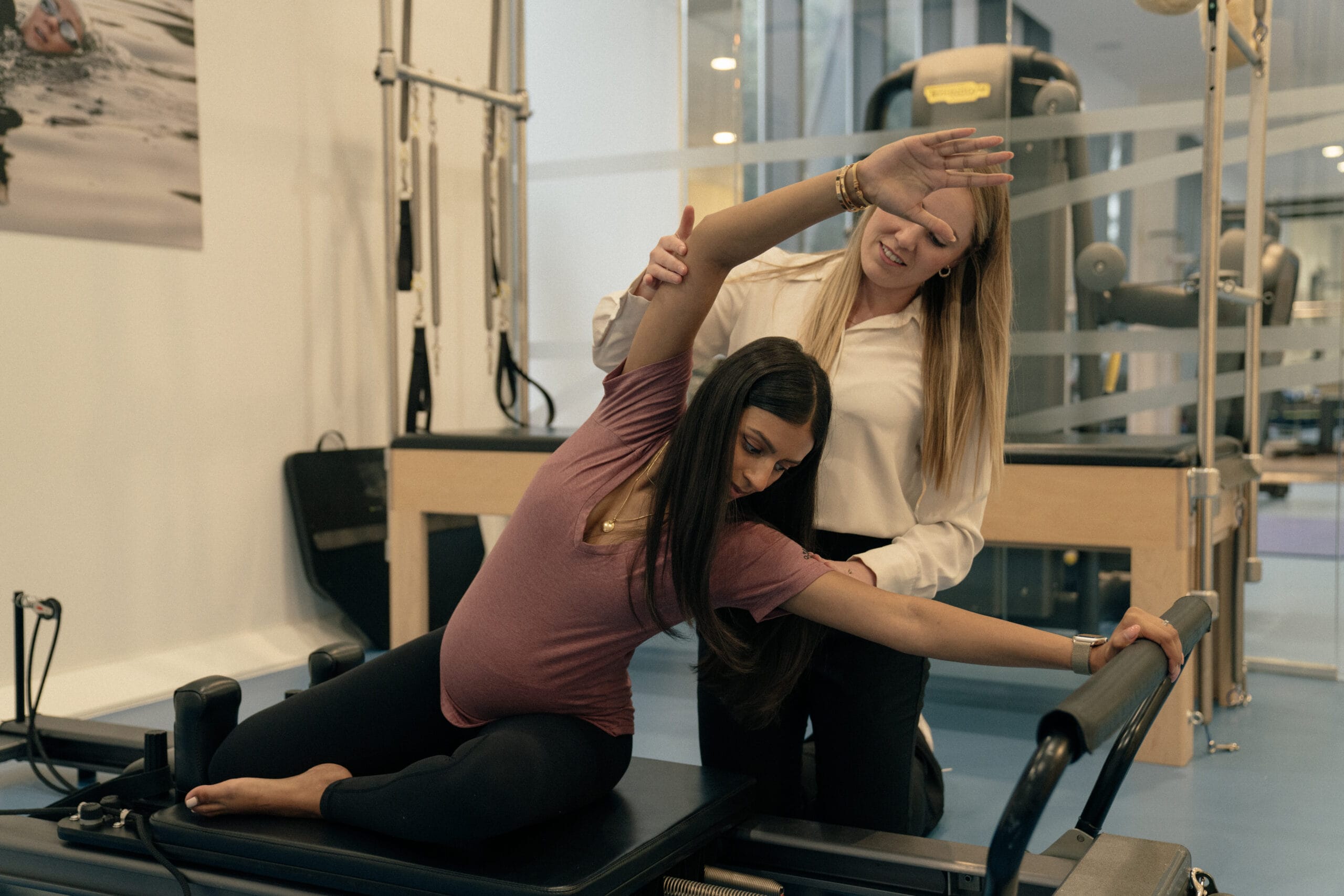
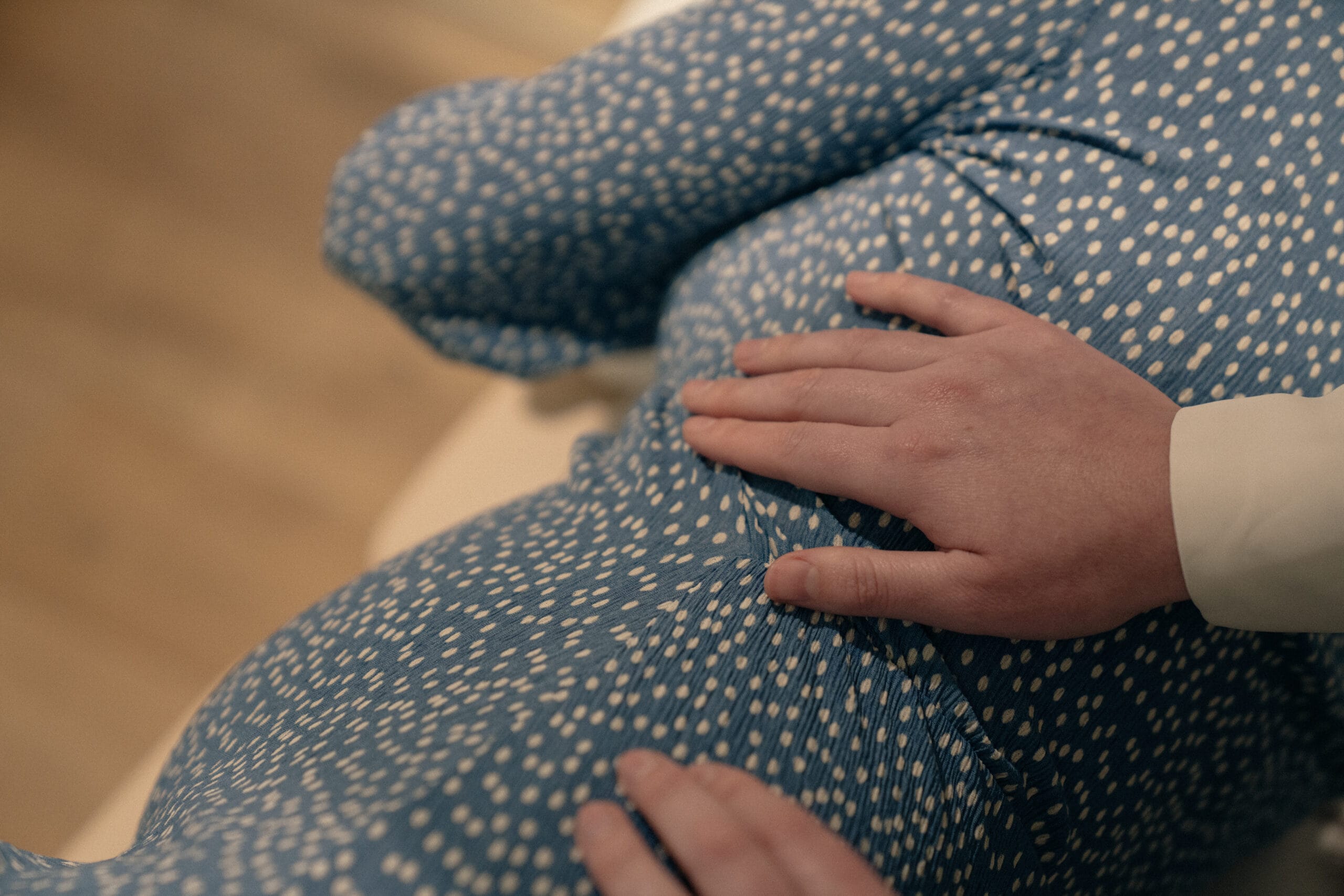
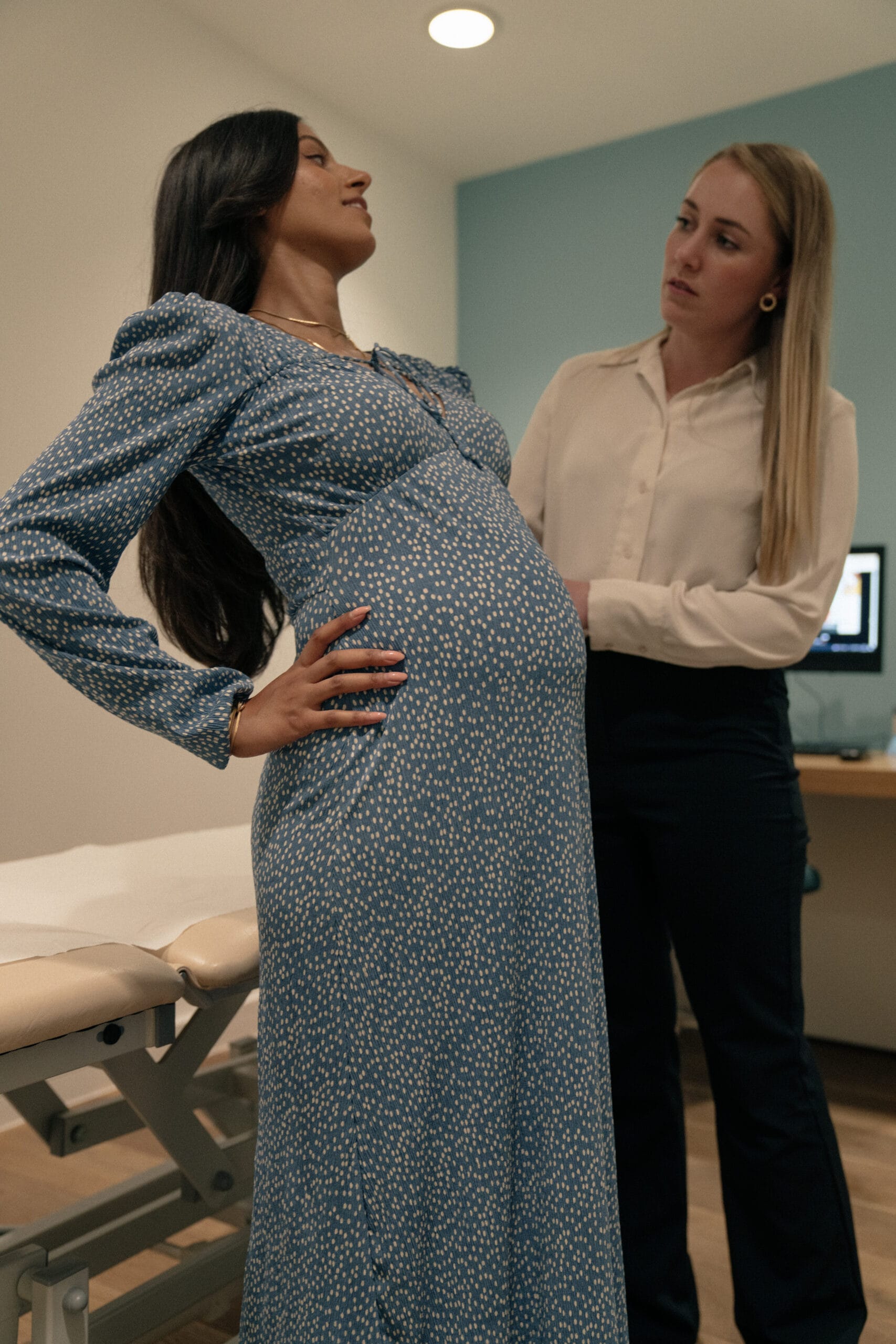
After numerous failed attempts to regain strength and full range of motion of her abdominal muscles and pelvic floor following pregnancy, Kate felt concerned that she was out of options. But she wasn’t ready give up just yet and sought the help of our Women’s Health team who not only offered realistic options, but the care and support Kate needed to put herself and her health first.
Read more
In this podcast, we’ll look at the treatment options available to women and how exercise and diet can be tailored to mitigate symptoms and improve general well being. We’re joined by Dietician & Performance Nutritionist, Dr Linia Patel, and Head of Women’s Health and specialist musculoskeletal & Pelvic health physiotherapist, Aisling Freir.
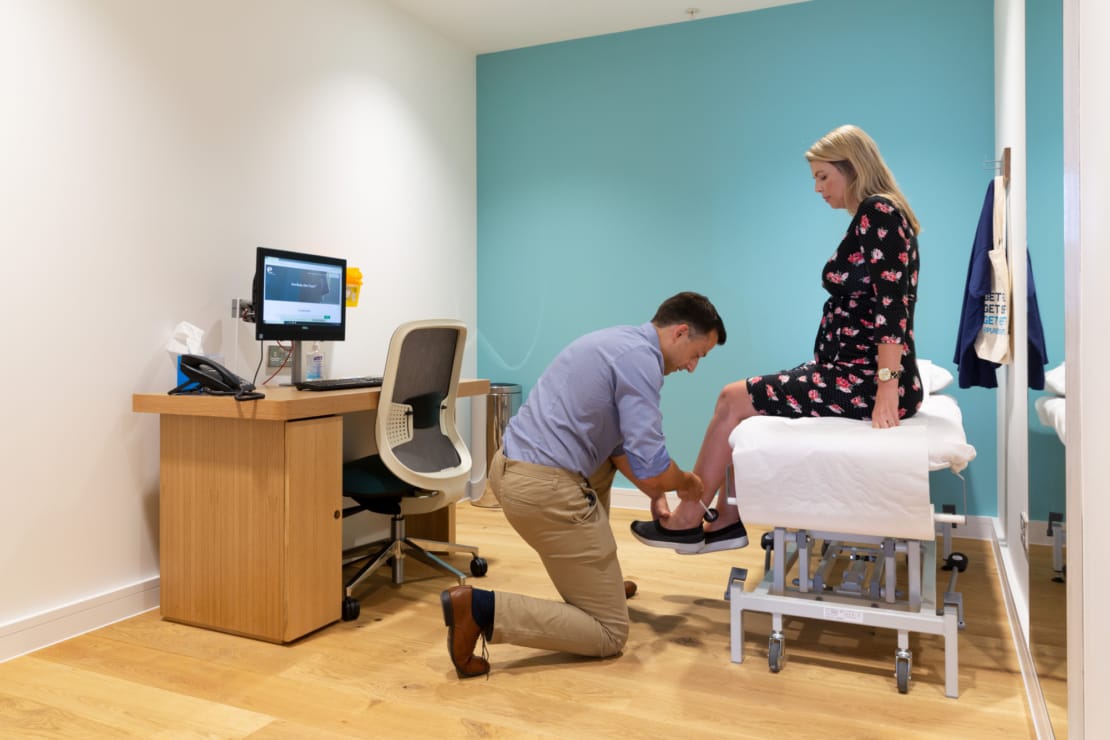
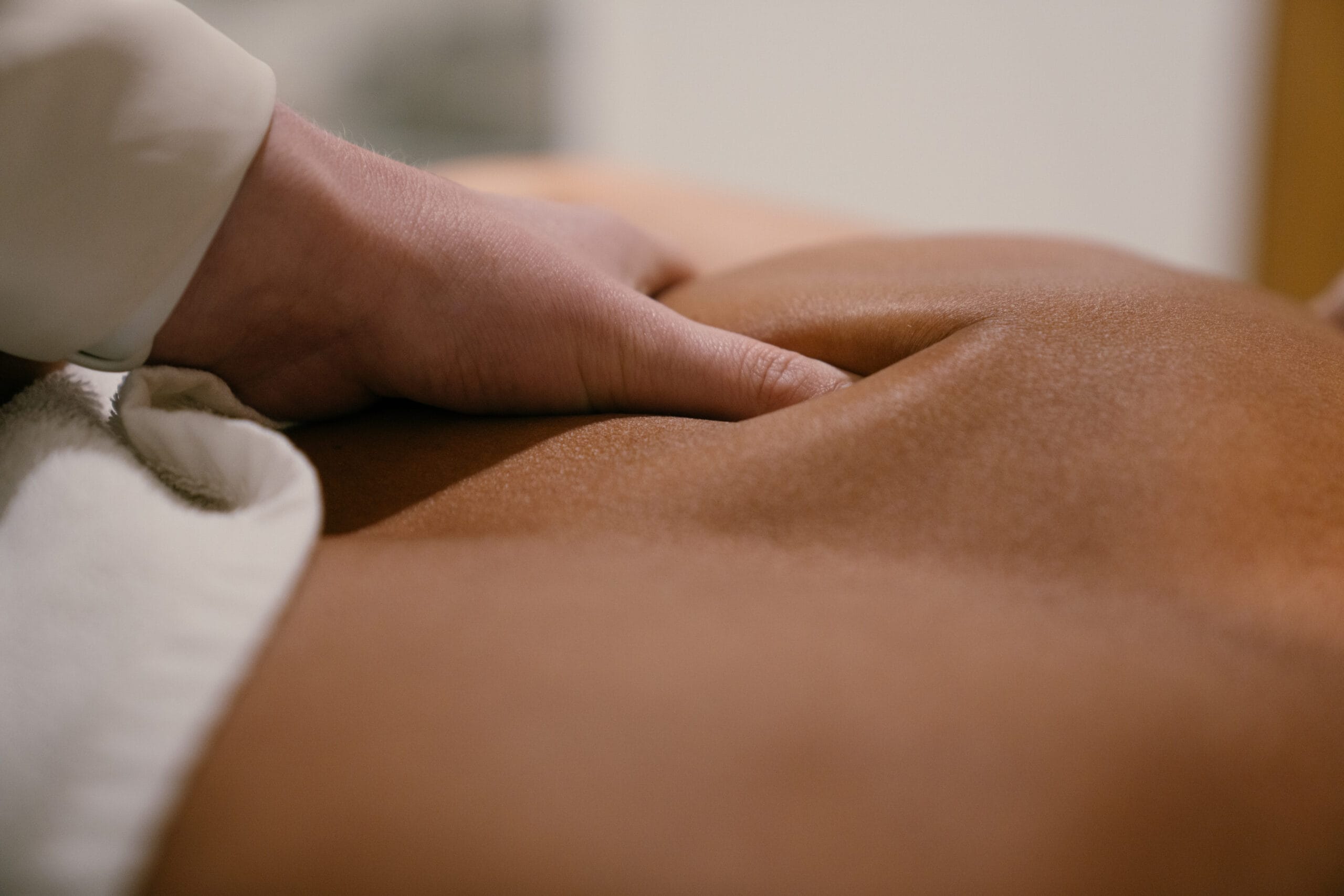

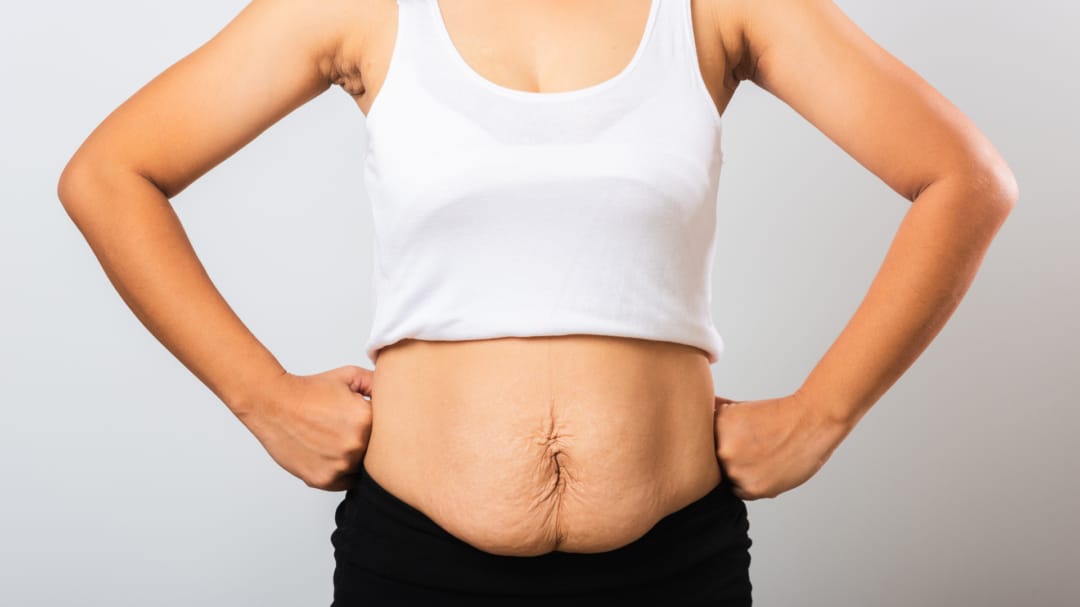

Find out what happens to your body when the abdominal muscles separate during pregnancy to make room for your baby, and how to manage it post-natally in order to safely return to activity.


Massage Therapy during pregnancy is proven to relieve back and leg pain, as well as reduce anxiety and depression. Learn the best techniques to do at home, with a partner, from an expert Soft Tissue Therapist.
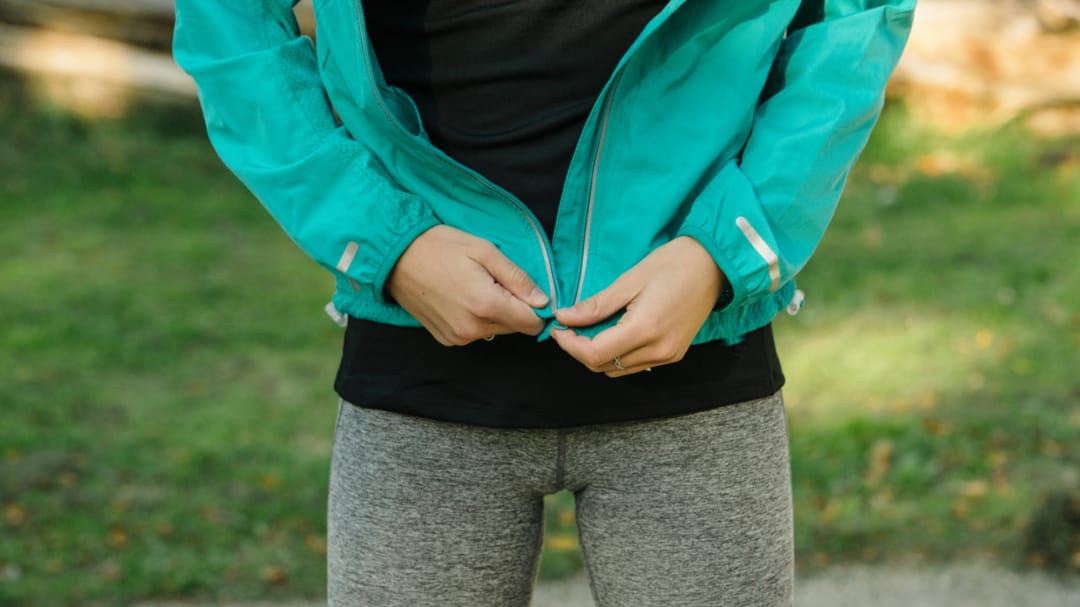

In this blog we highlight the importance of women’s specific health needs and answer some of the most common questions about Pelvic Floor Dysfunction.
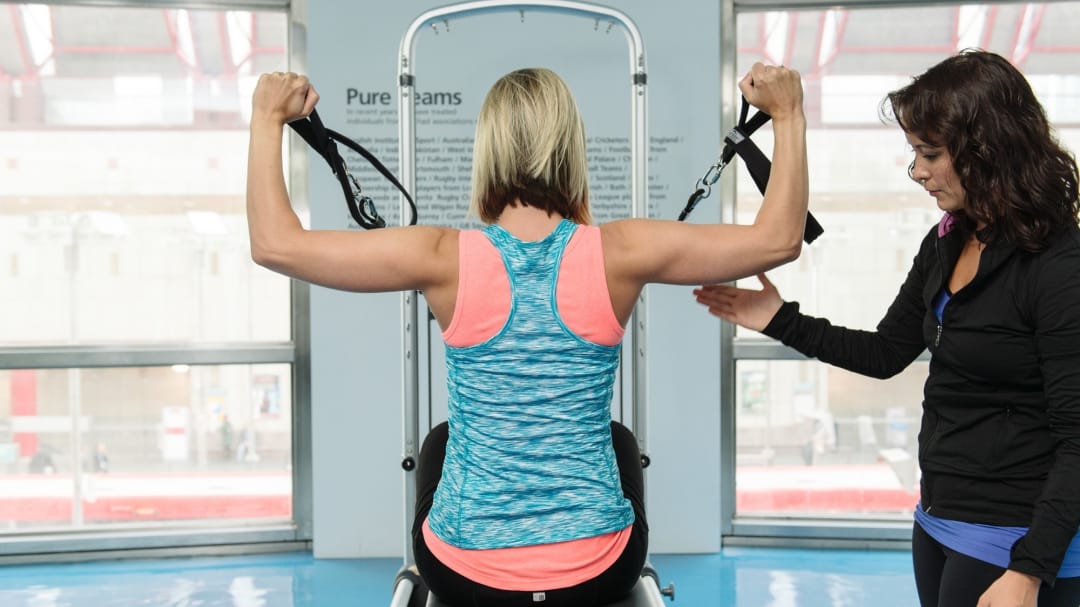

Is it okay to do pilates while pregnant? Our Pilates instructor talks about the benefits, and some of the areas to focus on.


The symptoms of endometriosis can sometimes makes exercising challenging, but that doesn’t mean that it can’t be a part of your life. In this blog we aim to answer some frequently asked questions to help you navigate your fitness journey with endometriosis.
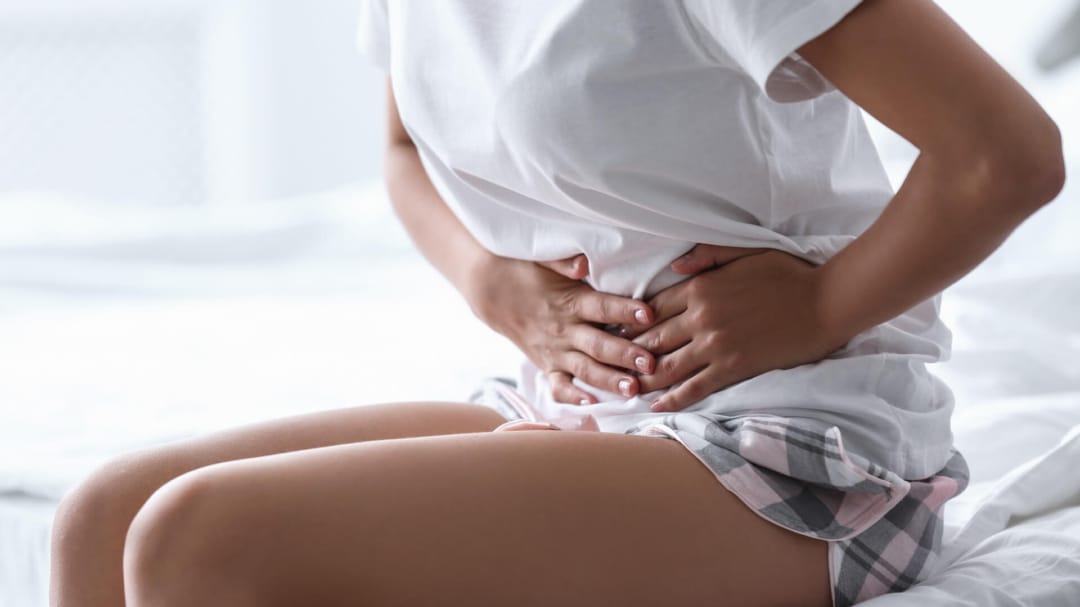

Dr Linia Patel outlines what to eat and what to avoid if you have Endometriosis along with supplement information.


This Endometriosis Awareness Month, Dr Sarah Rollins explains 6 common symptoms associated with Endometriosis that everyone should know.
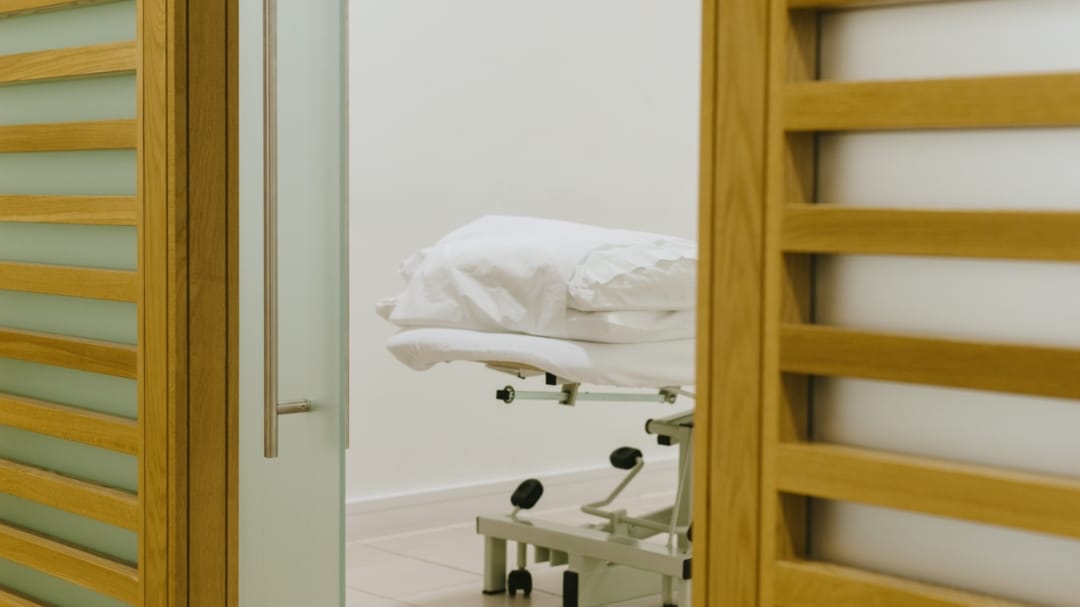

Women’s Health conditions are often suffered in silence, but with the right assessment and treatment many can be well managed. Here we explain our Women’s Health Services in more detail and how we might be able to help you.


The symptoms of endometriosis can be incredibly impactful on everyday life. But could the foods we eat help to lessen these effects? Find out how an anti-inflammatory diet could help relieve some of the pain and discomfort caused by endometriosis.
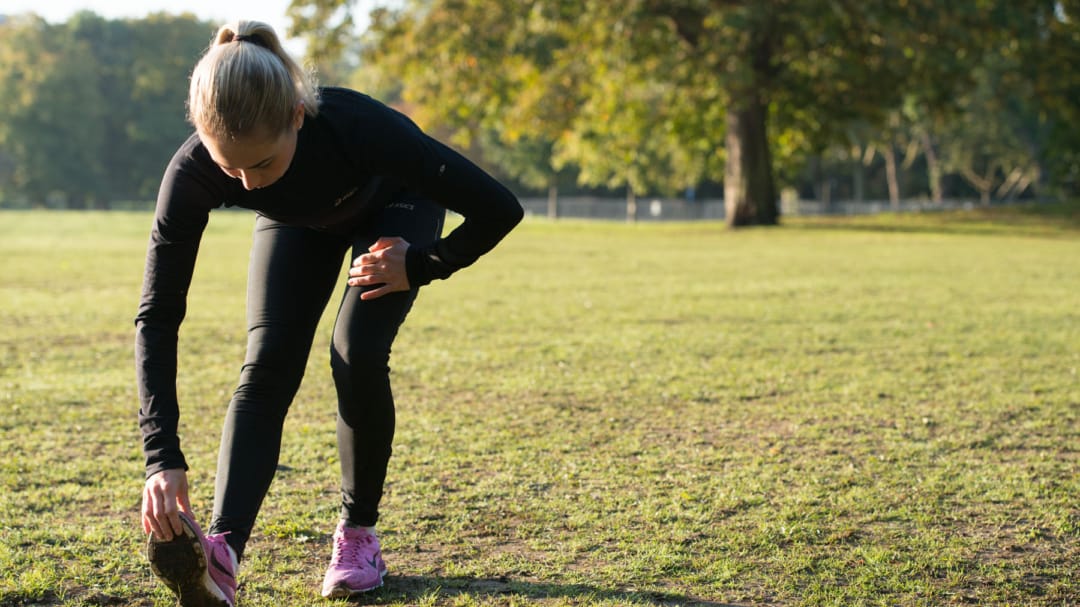

Exercise and Endometriosis often seem like an unlikely pair. The symptoms can make it tough to keep moving and stay motivated. Our Head of Women’s Health shares her top tips and tricks to help you push through and stay active.


Menopause is a significant phase life, yet there’s often a lack of information on how to navigate it. Claire Small, Physiotherapist & Chief Clinical Officer, shares her journey through menopause and offers actionable tips for making lifestyle changes to ease its symptoms.
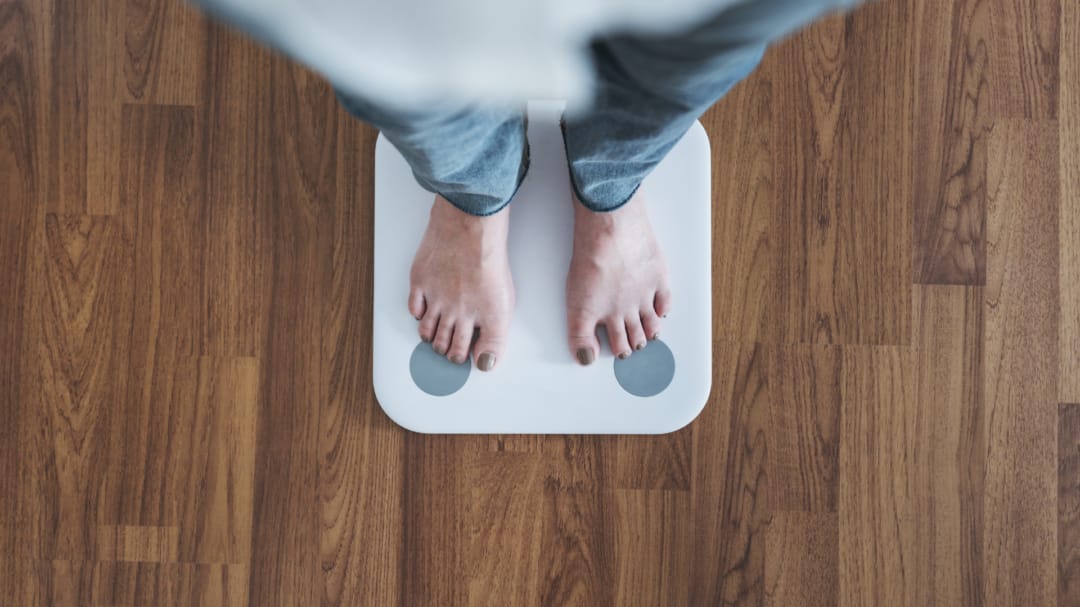

Many women experience weight gain during the perimenopause and menopause. We discuss why this happens as well as what you can do from a nutritional perspective, to support your body as it goes through these stages of life.
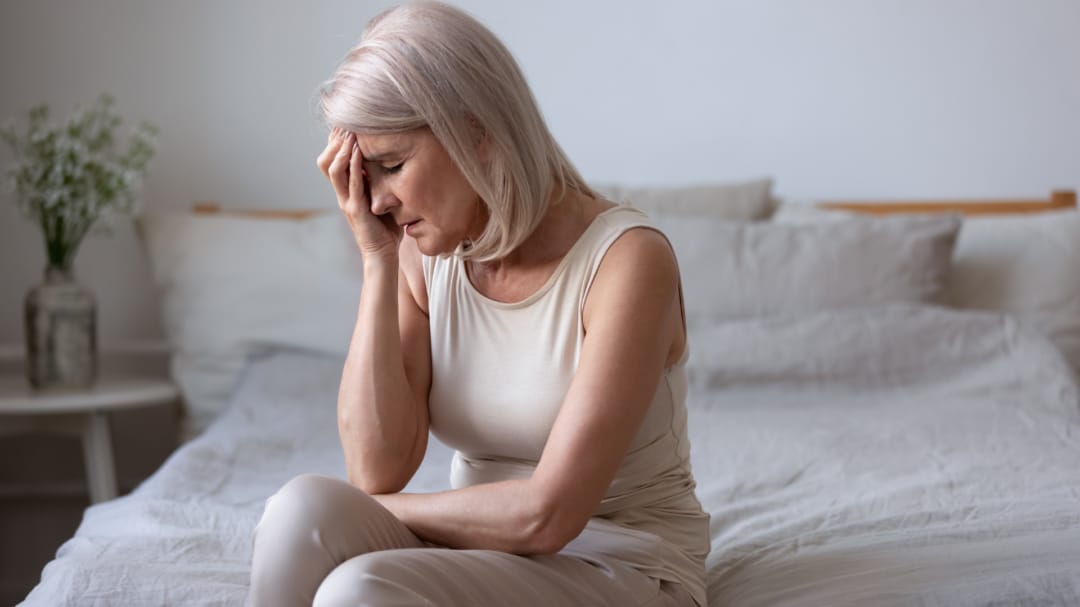

Some of the most common symptoms associated with menopause include pelvic pain and prolapse, vaginal irritation, and urinary incontinence. We focus on the latter to equip you with essential information to better manage and understand this symptom.


Sport & Exercise Consultant, Dr Farrah Jawad explains how physical activity is a tool at our disposal that we can use to reduce the risk of developing breast cancer.
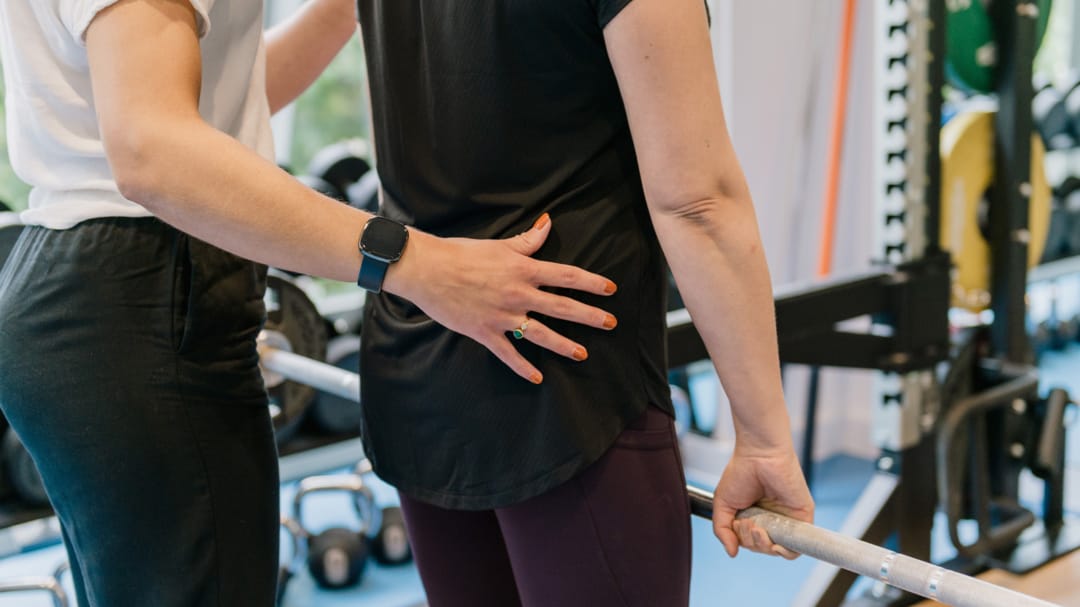

Discover how tailored exercise routines can empower women through menopause, enhancing health and vitality.
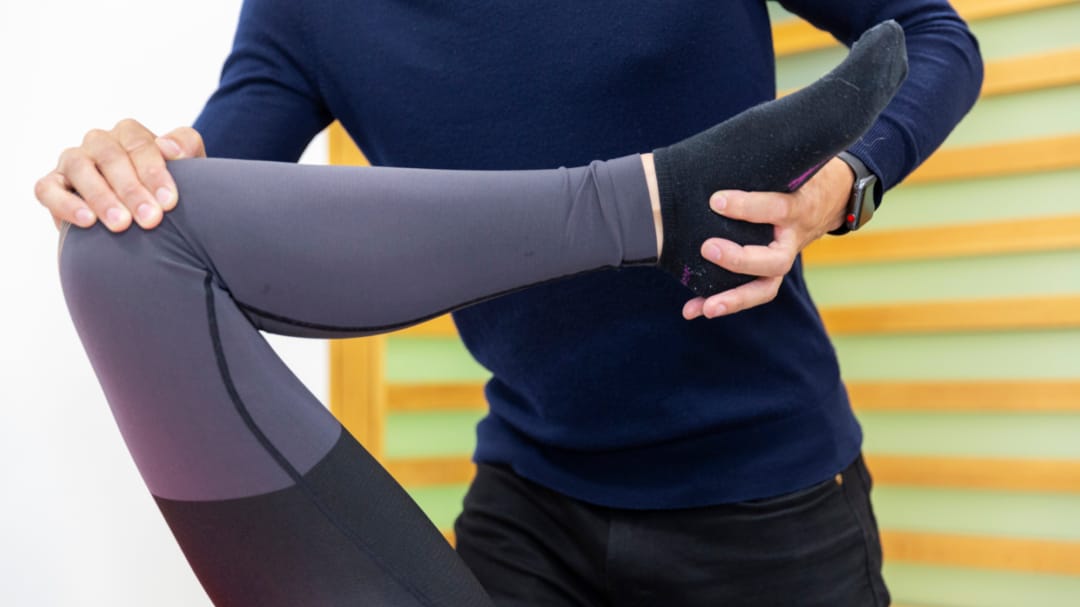

This guide explores the causes of menopausal joint pain and offers expert-backed strategies to help you stay strong, mobile, and free from discomfort.
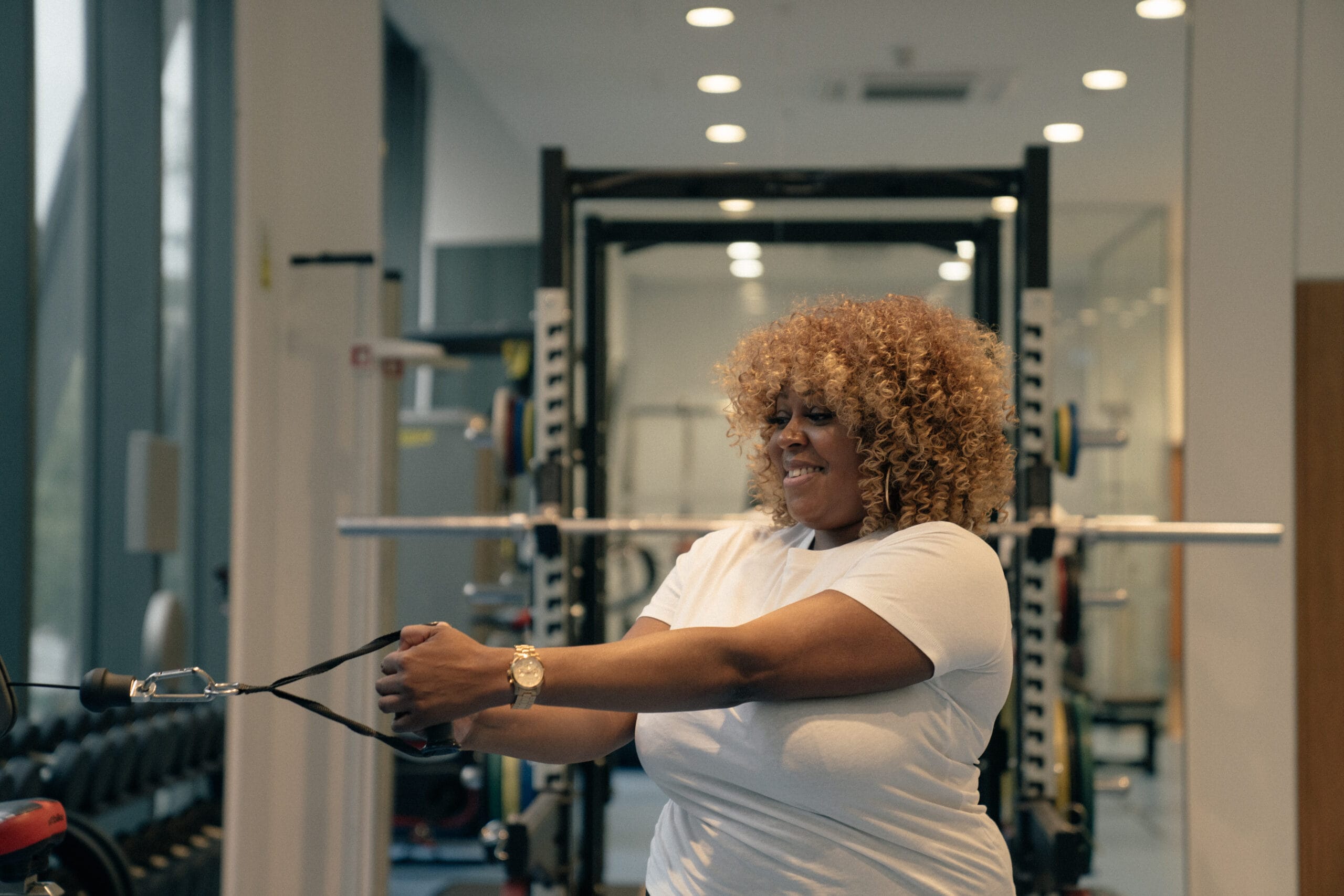

Discover menopause symptoms & stages. Receive multidisciplinary, tailored care with Physiotherapy, nutrition, Pilates & ongoing support